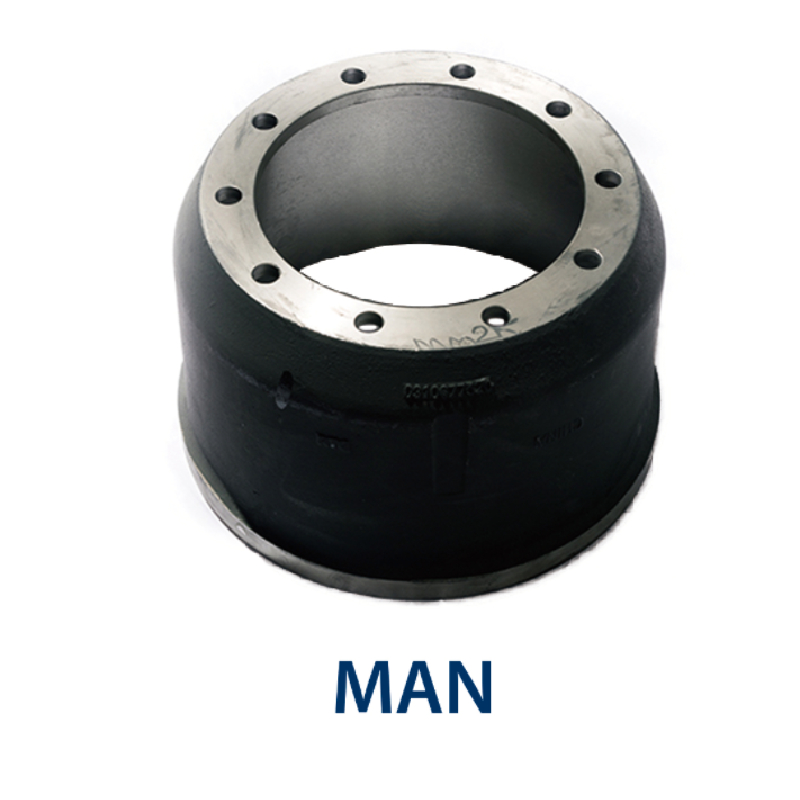2 月 . 15, 2025 06:03 Back to list
do brake drums squeak
If your vehicle's brake drums are emitting a squeaking noise, it not only disturbs the tranquil environment but also raises concerns about safety and functionality. Understanding why brake drums might squeak and how to address the issue is critical for both novice and experienced vehicle owners.
Temperature variation, particularly cold weather, can also influence the performance and sounds of brake drums. Metal contracts in lower temperatures, which might affect how efficiently brake components interact. While this can temporarily increase noise, any persistent issues should still be evaluated by a specialist. Some brake drums might squeak due to inherent design flaws or the materials used in the manufacturing. This is less common but worth considering if the vehicle is new and squeaks have been present from the onset. Consulting with the vehicle manufacturer or a specialist can provide insights tailored to specific vehicle brands or models. Finally, addressing brake drum noise also involves assessing driving habits. Aggressive driving habits that involve hard braking can exacerbate wear and lead to squeaking noises. Adopting smoother driving techniques can reduce the frequency of brake system issues and promote longevity. In the quest for quiet and effective brakes, proactive maintenance is key. Regular check-ups, preferably by certified technicians, ensure that both the driver and passengers can rely on the vehicle in safety and comfort. Given the intricate nature of brake systems, entrusting the evaluation and repair to recognized experts increases the reliability and effectiveness of any interventions. Therefore, maintaining brake components goes beyond merely eliminating noise. It is a matter of safety, efficiency, and preserving vehicular value. Addressing squeaks not only improves the driving experience but underscores the importance of comprehensive vehicle care and attention.


Temperature variation, particularly cold weather, can also influence the performance and sounds of brake drums. Metal contracts in lower temperatures, which might affect how efficiently brake components interact. While this can temporarily increase noise, any persistent issues should still be evaluated by a specialist. Some brake drums might squeak due to inherent design flaws or the materials used in the manufacturing. This is less common but worth considering if the vehicle is new and squeaks have been present from the onset. Consulting with the vehicle manufacturer or a specialist can provide insights tailored to specific vehicle brands or models. Finally, addressing brake drum noise also involves assessing driving habits. Aggressive driving habits that involve hard braking can exacerbate wear and lead to squeaking noises. Adopting smoother driving techniques can reduce the frequency of brake system issues and promote longevity. In the quest for quiet and effective brakes, proactive maintenance is key. Regular check-ups, preferably by certified technicians, ensure that both the driver and passengers can rely on the vehicle in safety and comfort. Given the intricate nature of brake systems, entrusting the evaluation and repair to recognized experts increases the reliability and effectiveness of any interventions. Therefore, maintaining brake components goes beyond merely eliminating noise. It is a matter of safety, efficiency, and preserving vehicular value. Addressing squeaks not only improves the driving experience but underscores the importance of comprehensive vehicle care and attention.
Next:
Latest news
-
Brake Drum for Kamaz Trucks Durable OEM Replacement & High Performance
NewsMay.30,2025
-
Brake Drum Man High-Quality Drum Brake & Shoe Solutions
NewsMay.30,2025
-
High-Performance Brake Drum for Kamaz Trucks Durable Drum Brake Components
NewsMay.29,2025
-
Brake Drum Man High-Quality Drum Brake Drums & Brake Shoes
NewsMay.29,2025
-
Brake Drum MAZ High-Performance & Durable Replacement Parts
NewsMay.29,2025
-
heavy truck brake drums
NewsMar.07,2025
